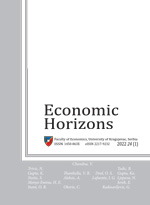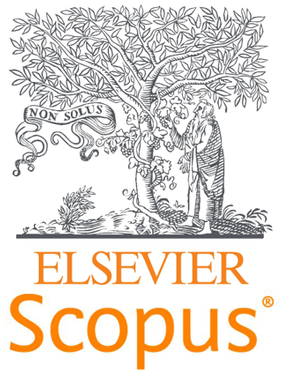EFFECTS OF THE REPUBLIC OF SERBIA’S CITIZENS’ PATRIOTISM AND ANIMOSITY TOWARDS THE EUROPEAN UNION ON CONSUMER ETHNOCENTRISM
Veljko Marinkovic
University of Kragujevac, Faculty of Economics, Kragujevac, The Republic of Serbia
Economic, political and militaristic tensions between countries are present throughout the world. The devastating effects of the global financial crisis are still generating the ever-increasing instability of the world economy. Patriotism and nationalism, as well as animosity towards the economic and military policies of certain foreign countries, seem to be on the rise across many countries and nations in recent years. It is precisely the current situation in the world that is favorable for encouraging citizens to purchase domestic products. The policy can be particularly useful for less-developed import-oriented economies. Thus, in the conditions of the economic crisis, the study of consumer ethnocentrism is gaining in importance. The paper examines the effects of the patriotism of the citizens of the Republic of Serbia and animosity towards the EU on consumer ethnocentrism. The results show that both these variables stand out as the statistically significant antecedents of consumer ethnocentrism; however, it should be noticed that patriotism shows a stronger influence on the consumer’s orientation towards buying domestic products. The research findings indicate that love of one’s country may direct consumer choices towards domestic brands, despite the positive image and high quality of foreign ones. In addition, due to citizens’ strong dislike towards the EU economic policy, some of them may decide to buy lower-quality domestic products; however, this does not necessarily negatively affect one’s perception of foreign products.
Keywords: consumer ethnocentrism, patriotism, animosity, buying local products, confirmatory factor analysis, structural equation model
JEL Classification: M31, M37
Economic Horizons, 2017, Vol. 19, No 1, pp. 3-15. Published online 28 April 2017.
doi:10.5937/ekonhor1701003M
doi:10.5937/ekonhor1701003M




